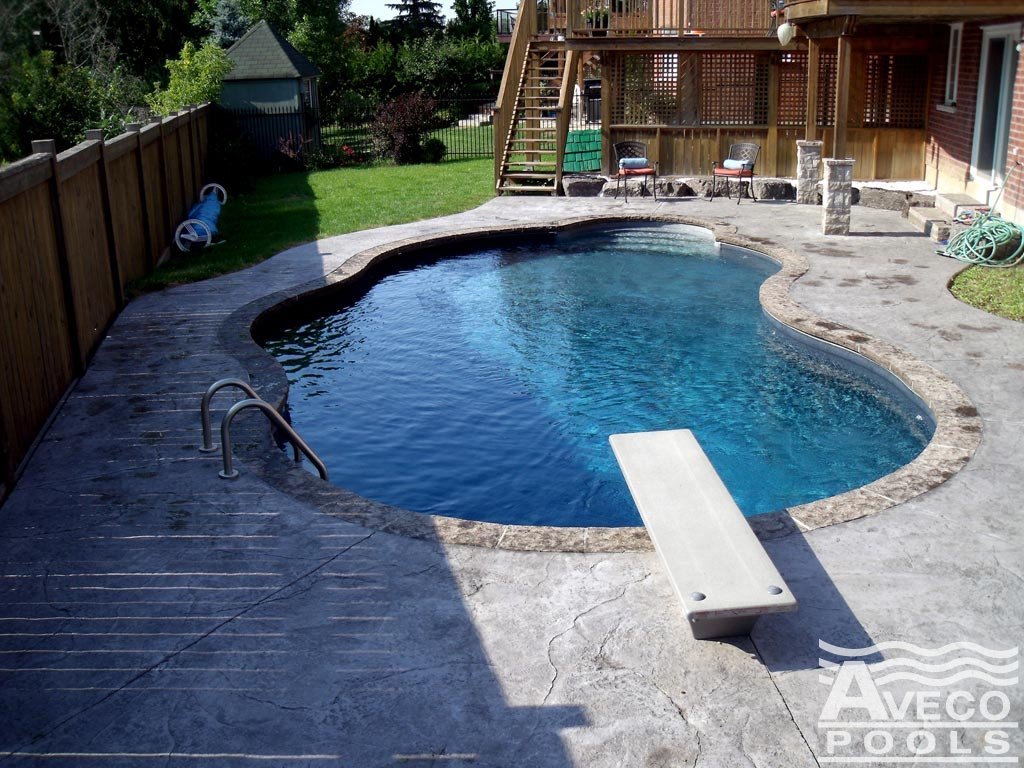

For swimming pool owners, the time for closing your pool has returned once again.
Unfortunately, as temperatures drop and the snow and ice wait just around the corner, only memories will remain from the many hours spent enjoying the pool during the past swimming season until it can be re-opened next year. However, the term closing your pool may be somewhat incomplete (perhaps it is just a manner of stating the opposite to opening the pool in the spring?) – the more accurate description of the action needed at this time of the year is winterizing your pool.A swimming pool represents a significant investment, both in its initial installation as well as its subsequent maintenance costs and any upgrades, accessories, or added amenities.
In order to protect that investment and to extend its longevity, closing and winterizing your pool are critically important processes that need to be performed properly on an annual basis.The fundamental steps to closing and winterizing your pool include:
Balance the water chemistry
- Begun approximately one week prior to closing your pool
- Monitor during that week until chlorine level is correct and stable
Removal of all accessories and loose fittings
- The ladder, slide, etc.
Reduce the water level
- To prevent possible issues (pool water expands when frozen)
- Lower the water line to the tile line or just below the skimmer
Bleed or blow out all lines
- Pump, filter, heater, automatic chlorinator
- Use a shop vac or an air compressor
Plug/seal the ends of all linesAdd winter chemicals
- Can be purchased as a kit containing:
- Chlorine (for an in-ground pool)
- An algaecide
- A stain prevention component
- Amounts of all chemicals should be based on pool volume
Install a pool cover - solid or mesh variety
- For safety as well as protective reasons
Closing and winterizing your pool can certainly be done on your own, provided that you have the time and inclination to complete all steps both thoroughly and properly.
It should be noted though, that closing your pool incompletely/improperly may result in extensive damage to the liner, heater, etc. – and in incurring major replacement/repair costs before the pool can be re-opened in the spring.These costs can also be significantly higher than the standard pool closing fees charged by a professional service like Aveco Pools, so it would therefore be wise to weigh the alternatives before deciding on how to proceed with closing your pool.
Use A Professional Swimming Pool Maintenance Service To Close Your Pool
The process of closing your pool requires attention to detail as well as the proper tools and equipment to ensure that all steps are done error-free and in the correct sequence.
When the time comes for closing and winterizing your pool, contracting a professional swimming pool service, such as Aveco Pools, can alleviate any worries with respect to:
- Stabilizing water chemistry
- Reducing the water level appropriately/sufficiently
- Adding the correct amount of winter chemicals
- Identifying potential repair issues/leaks
- Addressing those issues/leaks before the winter
- Completely draining, drying, and plugging all lines
- Removal and storage of all accessories
- Correctly installing your pool cover, and
- Incurring unnecessary maintenance costs in the spring
Therefore, to guarantee your peace-of-mind that your pool investment will be protected from possible damage over the winter, you may wish to consider a further investment in professional pool maintenance, including the closing of your pool, by the experts from Aveco Pools.
For total peace-of-mind about the protection of your swimming pool this winter, call the swimming pool contractors at Aveco Pools today at 905-640-2666 or contact us to arrange a service visit.